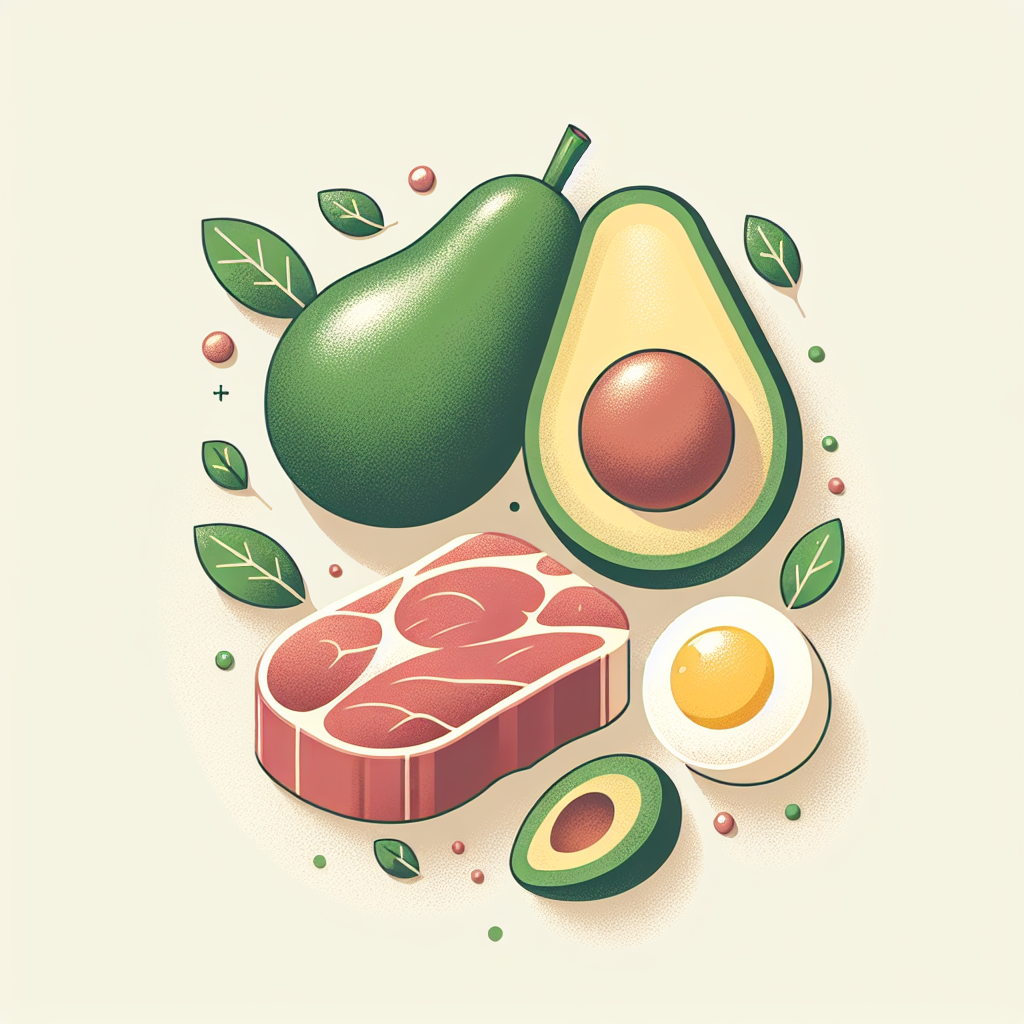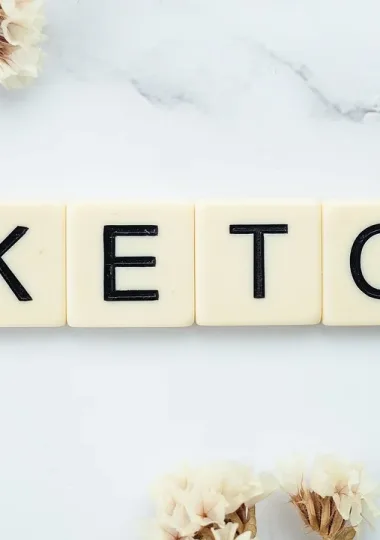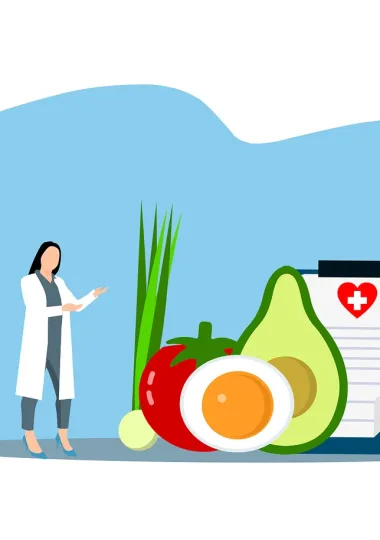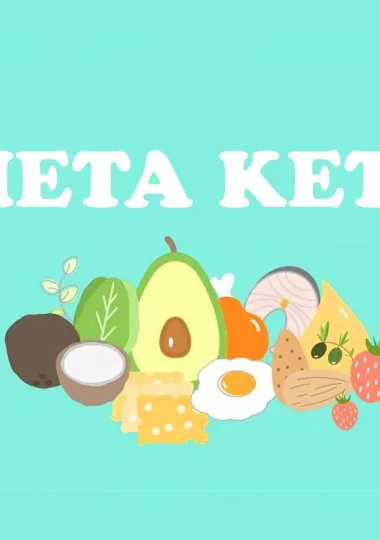Introduction
The Keto diet has surged in popularity over recent years, with numerous people turning to this low-carb, high-fat diet in hopes of achieving rapid weight loss and other health benefits. Despite its popularity, the Keto diet is surrounded by a myriad of myths and misconceptions. In this article, we aim to unmask these myths and reveal the truths about the Keto diet.
Understanding the Keto Diet
Before delving into the myths, it’s important to understand what the Keto diet entails. The ketogenic diet is a high-fat, moderate-protein, and very low-carbohydrate diet. Typically, the macronutrient ratio is around 70-75% fat, 20-25% protein, and 5-10% carbohydrates. The primary goal of the Keto diet is to induce a metabolic state known as ketosis.
What is Ketosis?
Ketosis is a natural metabolic state where the body, deprived of adequate carbohydrates, starts burning fat for fuel. This process leads to the production of ketones, which are used as an alternative energy source by the body. Achieving ketosis can lead to significant fat loss, which is why many people are drawn to the Keto diet.
Myth 1: The Keto Diet is a New Fad
One common misconception is that the Keto diet is a new trend. In reality, the concept of ketosis and ketogenic diets has been around for nearly a century. Originally developed in the 1920s as a treatment for epilepsy, the Keto diet has a long history in medical and nutritional communities. While its application for weight loss is more recent, this diet is far from a passing fad.
Myth 2: The Keto Diet is Unhealthy
Critics often argue that the Keto diet is unhealthy due to its high-fat content. However, this myth oversimplifies the nature of dietary fats. The Keto diet emphasizes healthy fats from sources such as avocados, nuts, seeds, and olive oil. These fats are beneficial for heart health and can help in reducing inflammation. Moreover, the diet encourages the consumption of whole foods and discourages processed foods, promoting overall nutritional health.
The Role of Cholesterol
Another concern is the diet’s impact on cholesterol levels. While it’s true that some individuals may experience an increase in LDL cholesterol, it’s important to note that the type of LDL matters. The Keto diet often increases the size of LDL particles, which is less harmful than small, dense LDL particles. Furthermore, many people on the Keto diet see improvements in HDL (good cholesterol) and triglycerides, contributing to better heart health.
Myth 3: The Keto Diet is All About Eating Bacon and Butter
A common stereotype is that the Keto diet is a free pass to consume unlimited amounts of bacon and butter. While these foods can be included, a balanced Keto diet is about more than just loading up on saturated fats. It involves a variety of nutrient-dense foods, including non-starchy vegetables, lean proteins, and healthy fats. The focus should be on whole, unprocessed foods to maximize health benefits.
Myth 4: The Keto Diet Causes Muscle Loss
Some people fear that the Keto diet may lead to muscle loss due to its low protein intake and carbohydrate restriction. However, when properly managed, the Keto diet can preserve muscle mass. Adequate protein intake is crucial, and most Keto plans provide enough protein to support muscle maintenance. Additionally, ketones themselves have a protein-sparing effect, helping to protect muscle tissue during weight loss.
Myth 5: The Keto Diet is Unsustainable
Another myth is that the Keto diet is difficult to sustain long-term. While the transition to a low-carb lifestyle can be challenging, many people find that the benefits outweigh the initial difficulties. The diet can be tailored to individual preferences, making it more flexible and sustainable over time. It’s crucial to approach the Keto diet as a lifestyle change rather than a quick fix for lasting success.
Myth 6: The Keto Diet is Only for Weight Loss
While weight loss is a significant benefit of the Keto diet, it is not the only advantage. The Keto diet has shown potential in managing various health conditions, including type 2 diabetes, polycystic ovary syndrome (PCOS), and neurological disorders such as Alzheimer’s and Parkinson’s disease. The diet’s ability to stabilize blood sugar levels and improve insulin sensitivity makes it a valuable tool for managing these conditions.
Myth 7: The Keto Diet Leads to Nutrient Deficiencies
Some critics argue that the restrictive nature of the Keto diet can lead to nutrient deficiencies. While it’s true that cutting out certain food groups can impact nutrient intake, a well-planned Keto diet can provide all essential nutrients. Emphasizing a variety of vegetables, nuts, seeds, and high-quality proteins ensures a balanced intake of vitamins and minerals. Additionally, supplements can be used to fill any potential gaps in nutrition.
Myth 8: The Keto Diet Causes the “Keto Flu”
The term “Keto flu” refers to a set of symptoms some people experience when transitioning to the Keto diet, including fatigue, headaches, and irritability. However, these symptoms are usually temporary and can be managed with proper hydration and electrolyte balance. Increasing salt, potassium, and magnesium intake can help alleviate these symptoms and ease the transition into ketosis.
Conclusion
In unmasking these myths, it’s clear that the Keto diet is a nuanced and scientifically-backed approach to health and weight management. While it may not be suitable for everyone, many individuals find success and improved well-being with this dietary strategy. The key to success with the Keto diet lies in planning, education, and a focus on whole, nutrient-dense foods. As with any diet, it’s essential to consult with a healthcare professional to ensure it aligns with individual health needs and goals. By dispelling these myths and embracing the truths, individuals can make informed decisions about whether the Keto diet is right for them.









Add comment